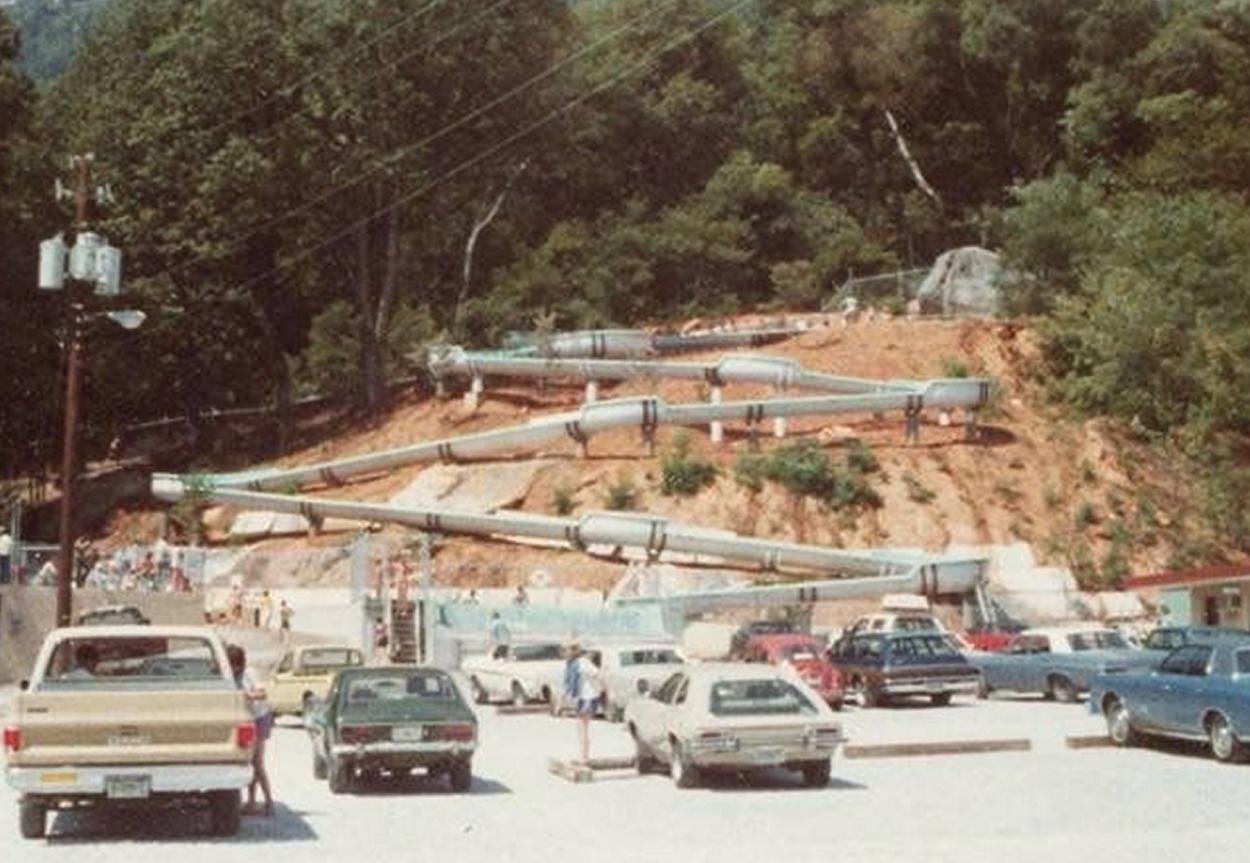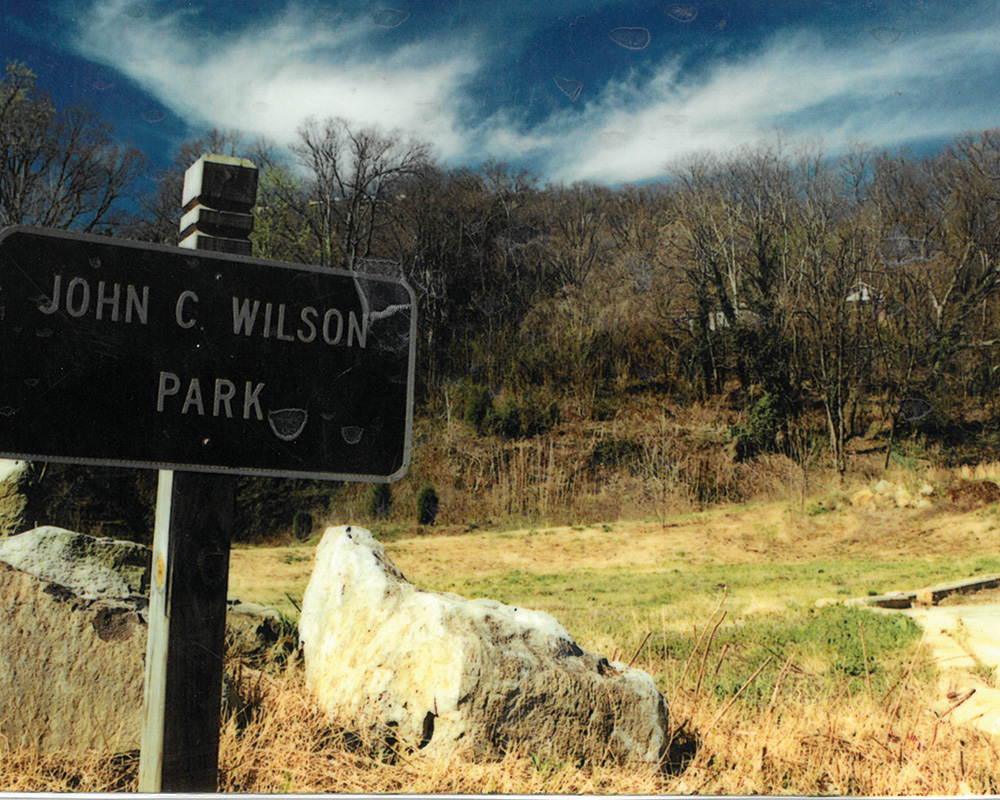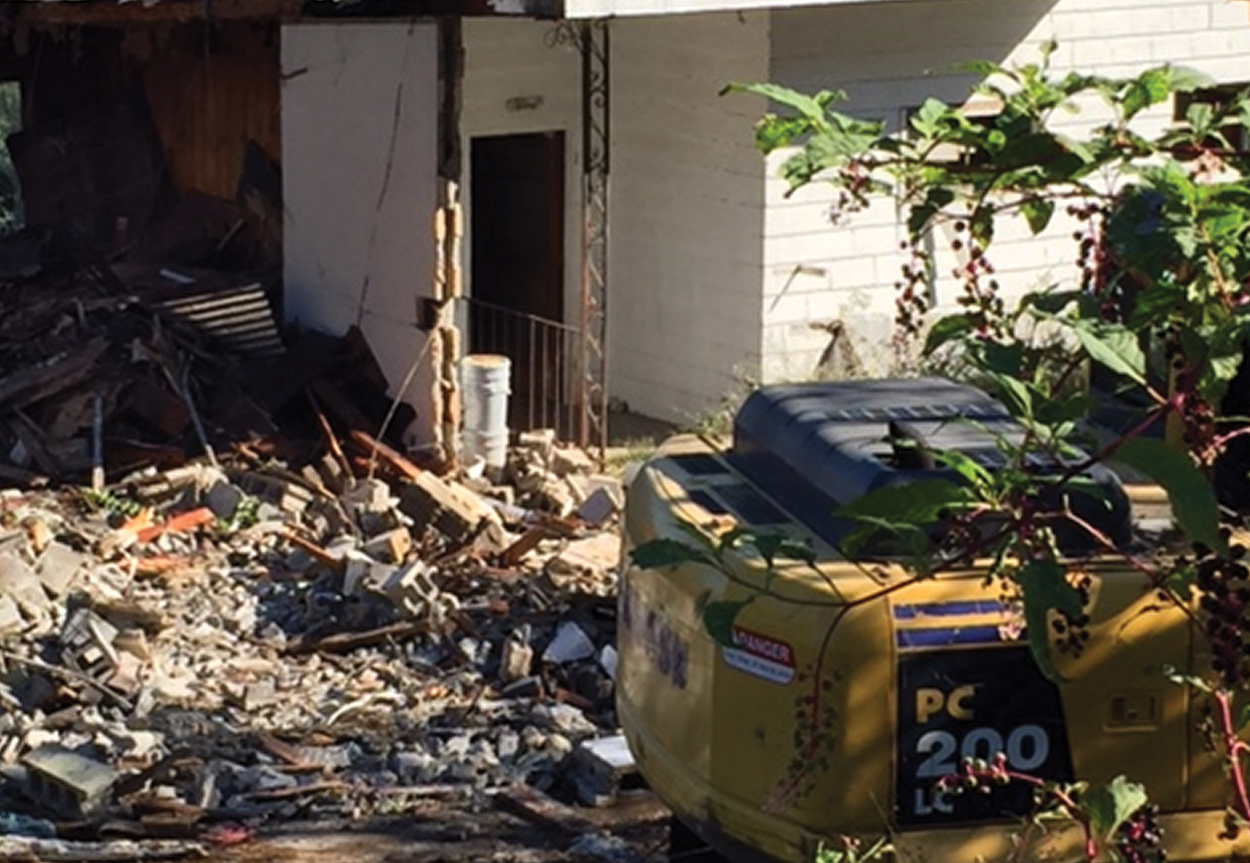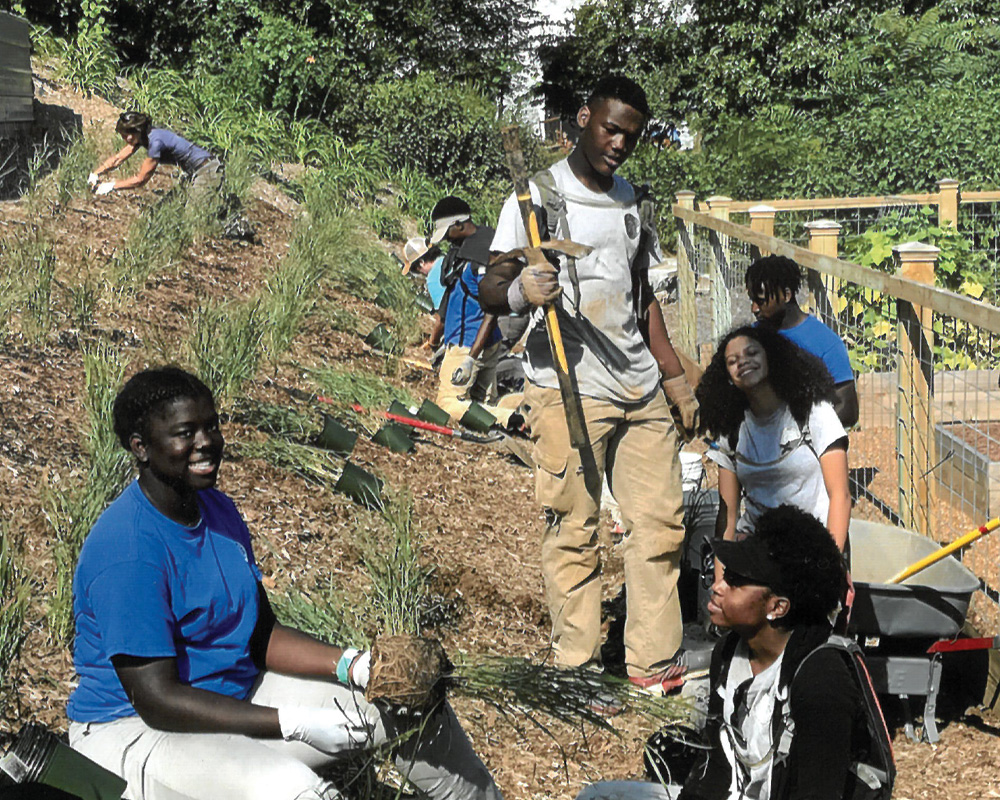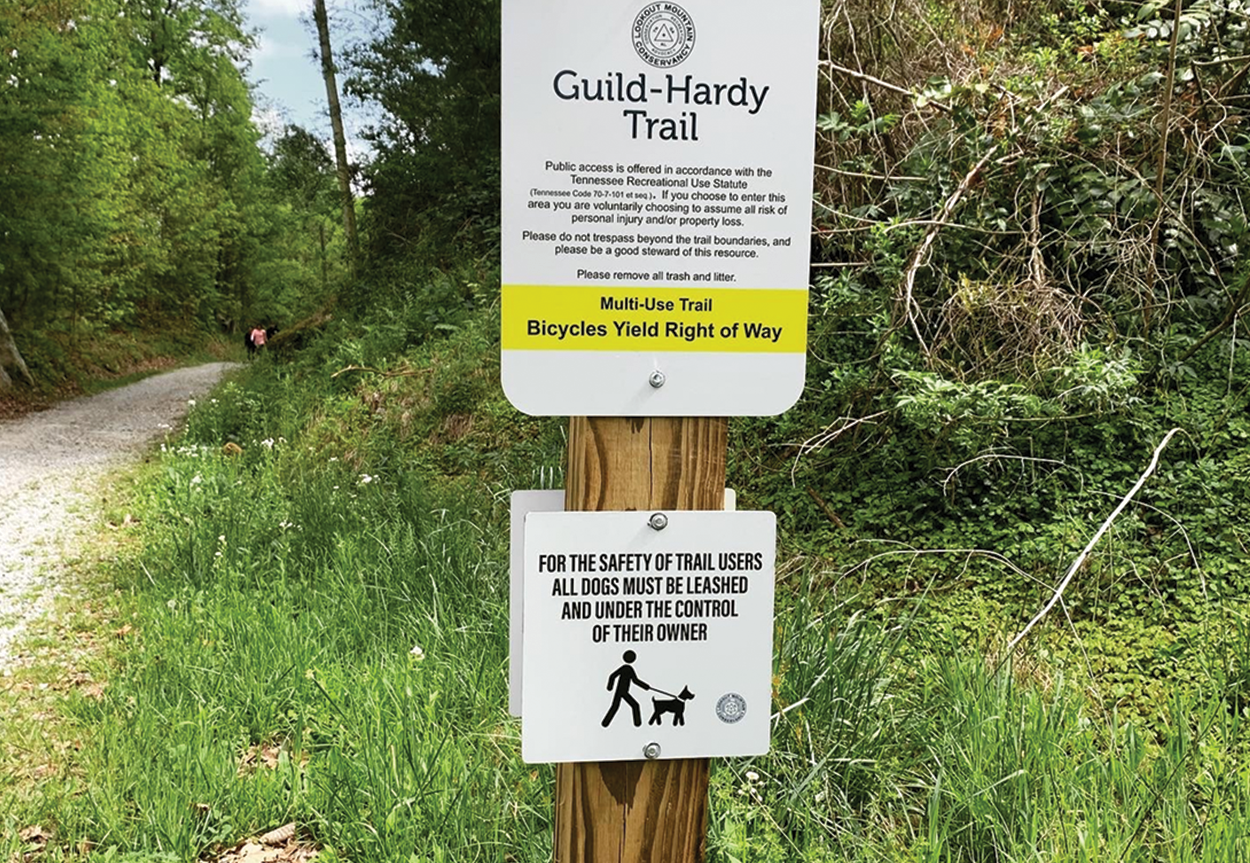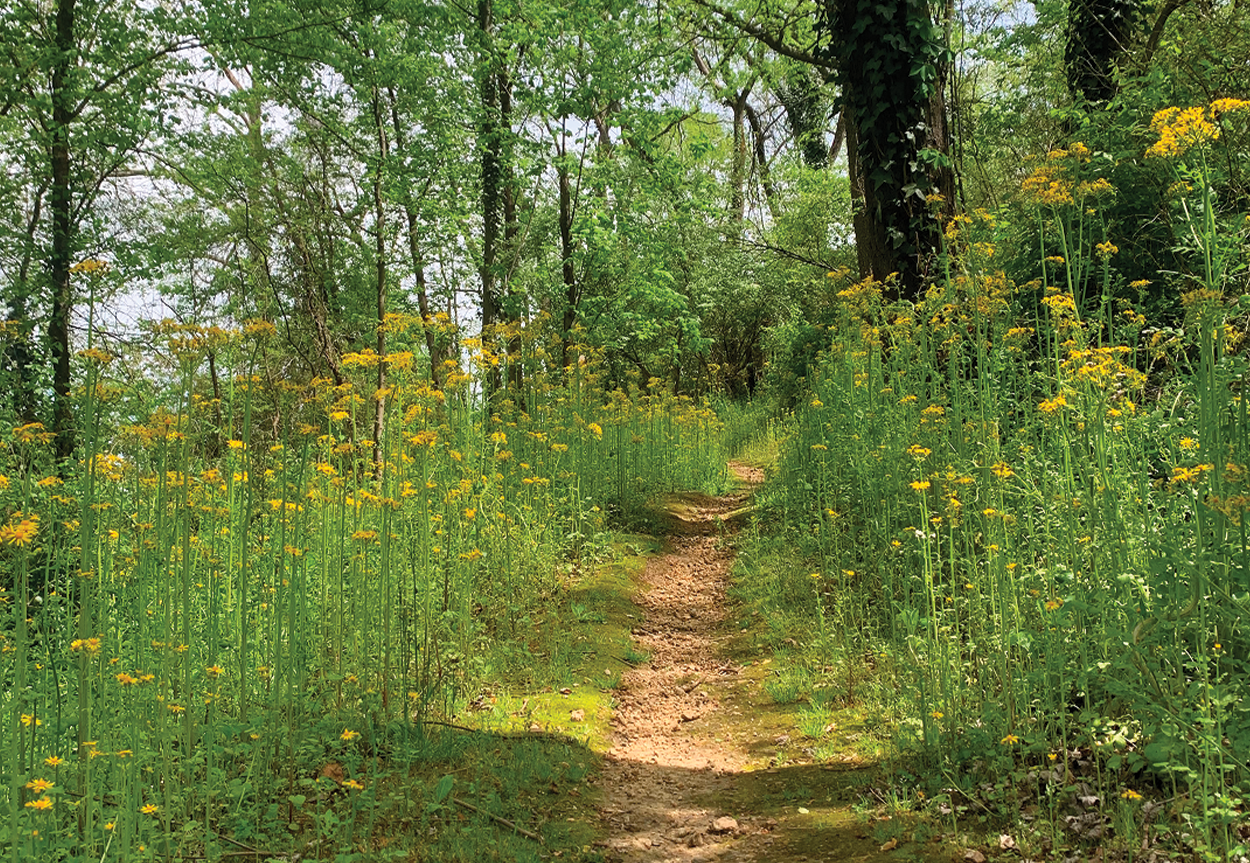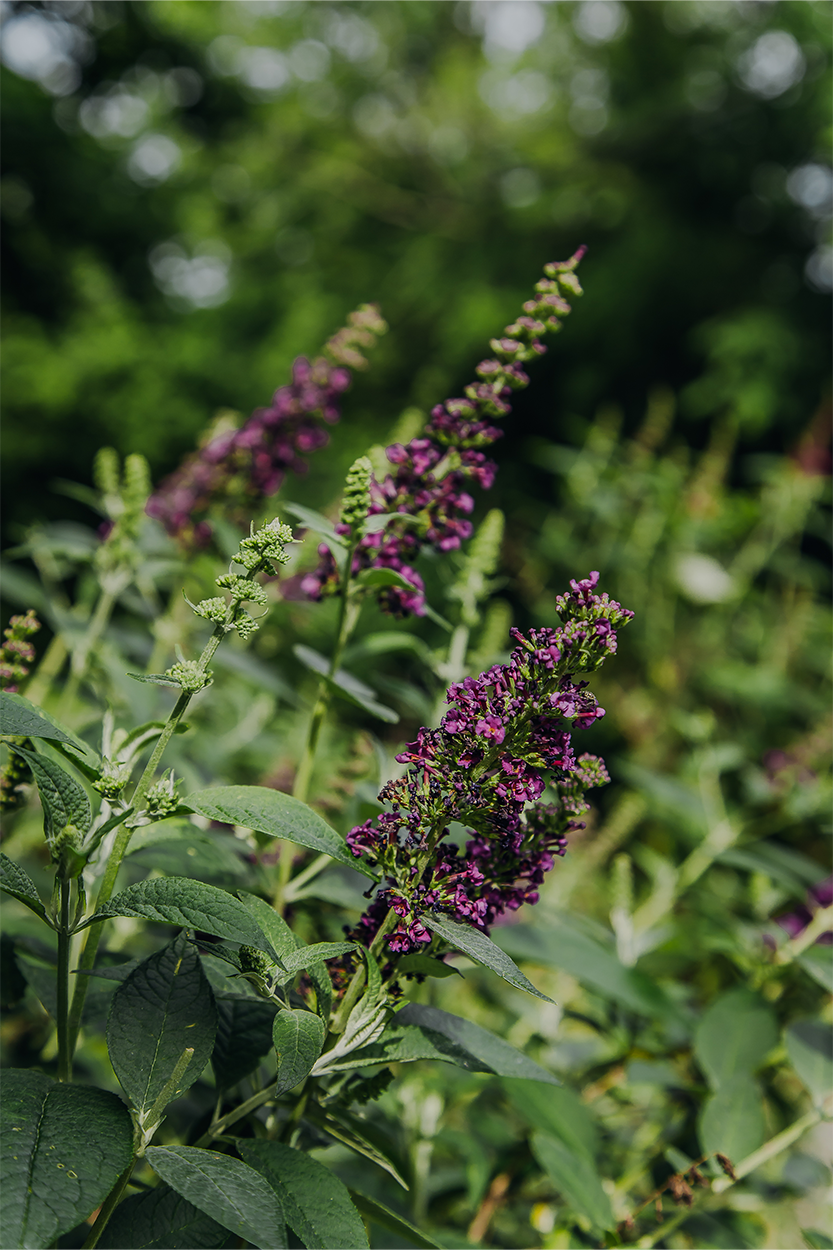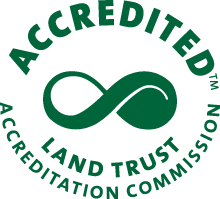History of LMC Conservancy
In 1991, the late Elizabeth Davenport was concerned about encroaching development near Cummings Highway. The Lookout Mountain community leader purchased a shuttered used car parts lot, then banded together with other neighbors in civic action. They formed a new land trust.
John Wilson took the lead of the Lookout Mountain Conservancy — originally called the Lookout Mountain Protection Association — and began restoring the gateway property to Lookout Mountain. This lead to the creation of the 4-acre John C. Wilson Park on Cummings Highway.
Those initial acres became 50, as LMC purchased multiple parcels on Old Wauhatchie Pike, where the city’s oldest neighborhood had fallen into disrepair. Over time, LMC and interns from The Howard School transformed the property into an abundance of beauty and access: pollinator gardens, hiking trails and the South’s first natural urban bouldering park.
In the 1990s, LMC was entrusted with The Guild-Hardy Trail; today, the mixed-use trail is enjoyed by more than 70,000 annually. The trail— part of the former broad gauge rail —is now part of the beloved River-to-Clouds Route, which runs 34 miles along the mountain.
Over the past 34 years, Lookout Mountain Conservancy has protected and preserved 1500 acres of land in some of the most ecologically rich and vulnerable places in the northern hemisphere. The Lookout Mountain landscape is rare, stunningly gorgeous and endangered.
Our work remains more urgent than ever.
Lookout Mountain Conservancy's strategic planning process addresses the land, water, conservation and recreational initiatives spanning focus areas that matter most to our community.

